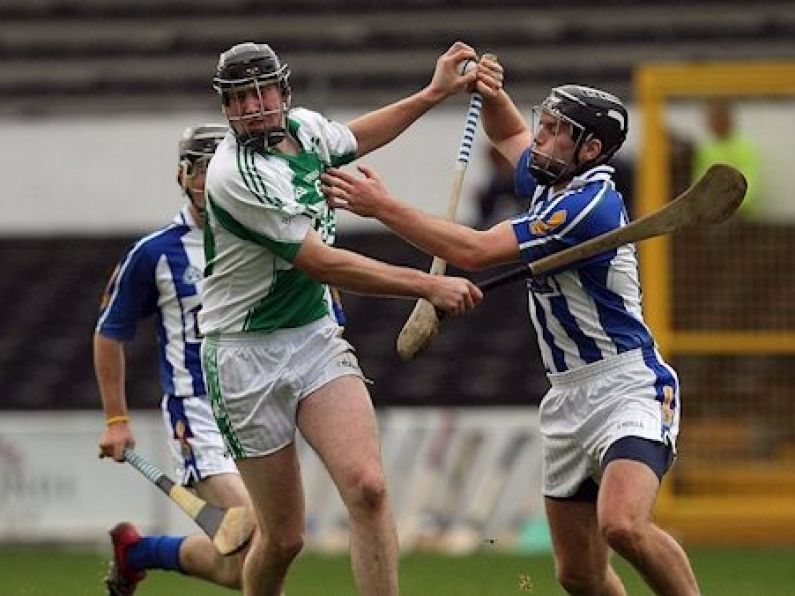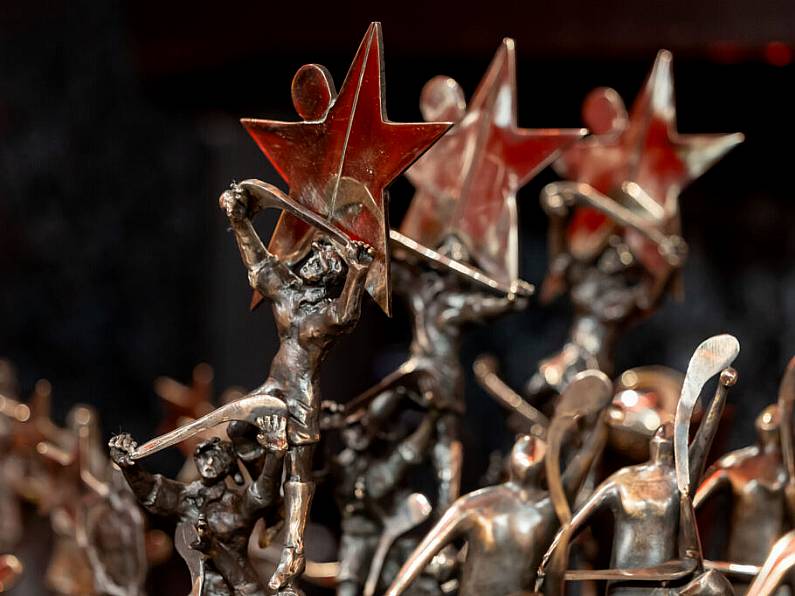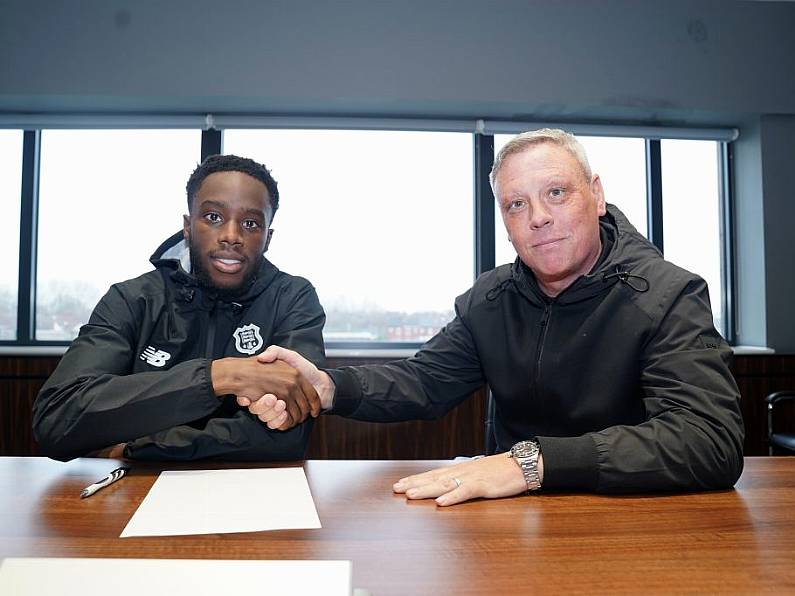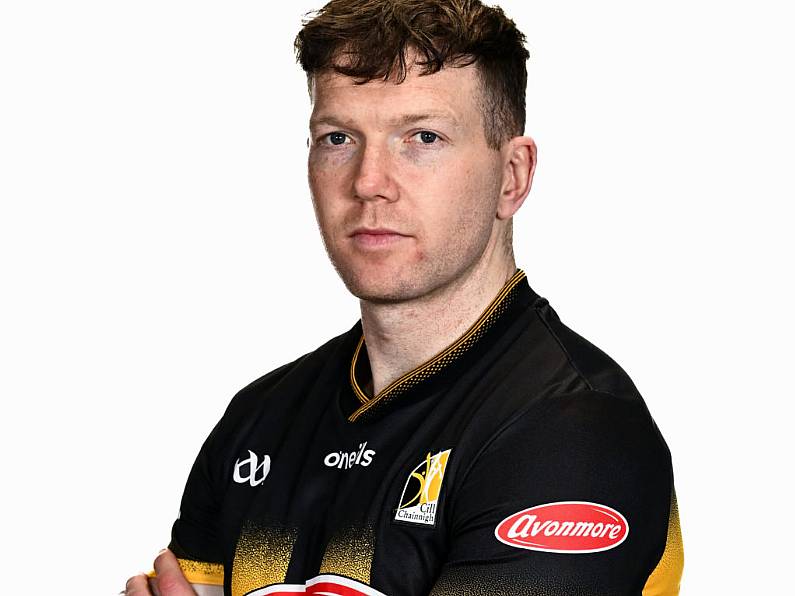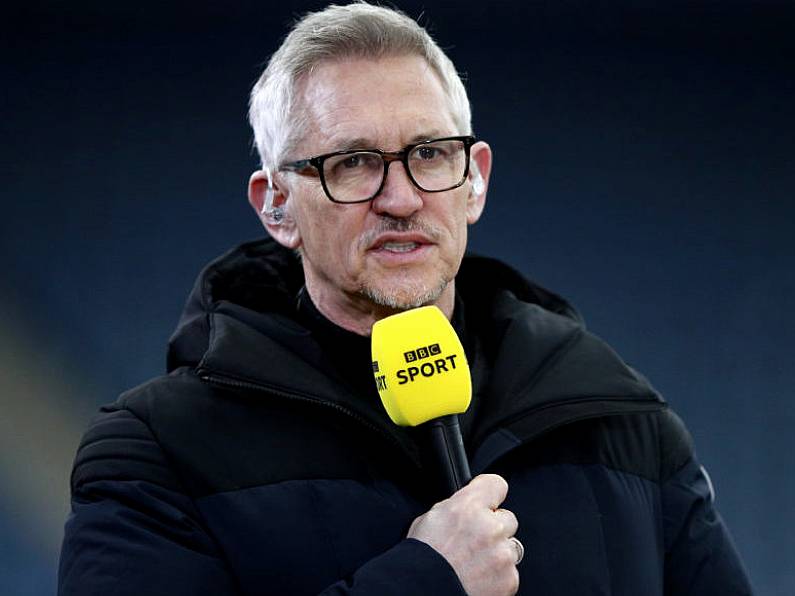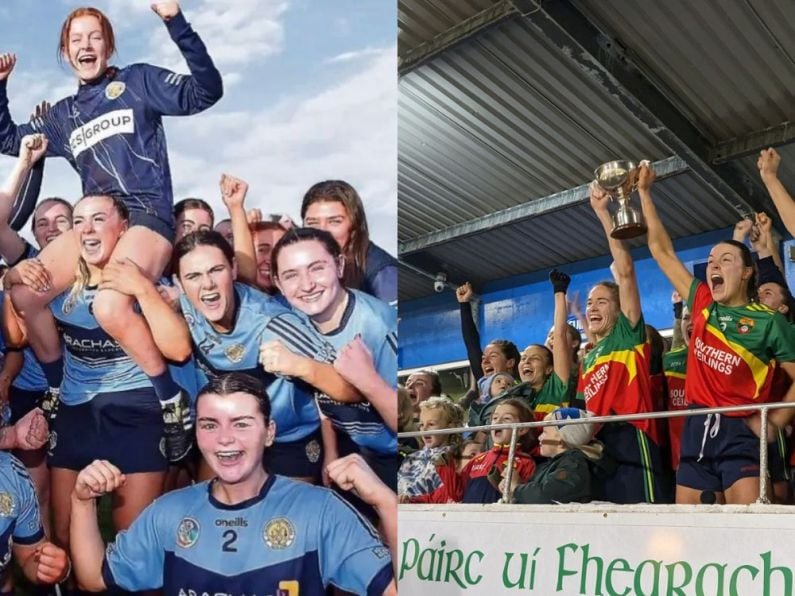The hurlers of Ballyhale Shamrocks are back on the road.
Tomorrow sends them to Carlow for a Leinster final with Ballyboden St Enda’s. The winners will move on to an All-Ireland semi-final with Ballygunner. Top of this Leinster roll of honour, the Kilkenny club are seeking a ninth title, a win that would push them two ahead of second-placed Birr.
This sort of detail, in Kerry parlance, serves as winter talk. Ballyhale natives are focused on the job at-hand. “It’s just good to have the club back at this stage again,” says Éamonn Walsh. “There was a bit of frustration, locally, when we didn’t push on for more after winning the All-Ireland against Kilmallock in 2015. People knew the next success, if it came, would be an important one, because it was going to be with a mainly young team.”
Captain and centre-back when his side took on Ballyboden St Enda’s in November, 2009’s Leinster semi-final, Walsh is well-placed to comment. He proved a key figure as a midfielder, still only 26 years old, when Ballyhale Shamrocks beat Dicksboro in 2012’s senior final. But injury subsequently restricted his playing career to appearances with the third-team.
“I would be a fan of changing team management regularly at club level,” he notes. “It might be different at inter-county level, but I’ve always thought you get a definite bounce with a new set-up in the club. That’s definitely not to knock, in any way, recent managers, who all did well. But it’s probably not a coincidence that the last four times Ballyhale won at senior happened when a new management went in.”
Walsh acknowledges Henry Shefflin taking the helm for 2018 is not the sole factor. There is the related one of burgeoning talent. “Everyone in the parish is talking about the younger players,” he stresses. “There are big changes from the team that beat Clara in 2014, the last time we won the county. The average age of that team must have been up around 30. Someone said to me the current one is between 23 and 24, which speaks for itself.”
This influx of talent announced itself through success at Minor A in 2016 and U21 A in 2017. Part of the juvenile club’s U14 management in 2015, Walsh has been directly involved in bringing through the new cohort: “It’s brilliant to see, but it’s not about just having anyone there for the sake of it. The new lads are contributing massively when it counts.
“We had a tough time against Erin’s Own in the county semi-final, a game we were very lucky to survive. You wouldn’t get through too many times with an underperformance like that… But the team stayed gutsy and stayed at it, and no one more so than the younger crew.”
He continues: “I thought Rónan [Corcoran] at midfield, especially in the second half when we were down to 14 men, was tremendous in his ability to get on ball, to step out and take a point. He has an amazing engine.
“Then you have Evan [Shefflin] at wing-back. So often, defenders think: ‘I’ll play it safe. I’ll mind my own patch.’ Evan is prepared to take on extra responsibility, to go up the field and throw over a point. It gives a team some lift, especially when it’s struggling, to see a half-back go up the field and score.
“And when that back is only 19…”
Walsh discerned the same pattern in the final against Bennettsbridge: “Rónan and Evan hurled well again. But you had Brian Cody, Eoin Cody, Adrian Mullen more prominent on the day. It’s not just one or two of the new players. It’s Dean [Mason] on the goal, Brian Butler, Darren Mullen.”
Not that this element should be highlighted in isolation: “Ballyhale put out an all-round serious team. There is loads of experience too. People naturally and rightly mention TJ [Reid] and Colin [Fennelly]. But to me, any team is better, club or county, for having Joey Holden on it. He is a great leader at the back, so tight and sticky, and he is offering serious guidance and example to everyone.”
Then Walsh swerves into a general point: “Every season is different. You need fresh motivation, or you go stale. For us in 2009, it was getting well beaten by Portumna in that year’s All-Ireland semi-final, when we really didn’t perform on the day.
“Maybe this year the freshness is coming from lads winning their first adult medals as players.”
Michael Fennelly Sr picks up on this point about motivation. Father of Colin and Michael, he won three All-Irelands in 1981, 1984 and 1990 during his own hurling career. Later, he became joint-manager with James McGarry for the 2009 season, following that grievous loss to Portumna.
“It was in our lads’ heads, in the back of their minds,” he emphasises. “They were sore about that loss above in Thurles, and it drove it on for the year, over and above anything the new management had to say.
"We made a few adjustments to the positioning of the team, but mainly we just had to regroup and get them back focused. We eventually got to the 2010 All-Ireland final and thankfully beat Portumna in it. That was a big one."
Experienced both as player and as mentor, this man instances another aspect to winning a Leinster final: “Ballyhale are there this weekend, first and foremost, to win a match and take home a cup. The flip side of winning this cup would be buying room to develop. The panel gets to move to the other side of Christmas, the other side of winter.
“It mightn’t always be lovely, weather-wise, but you’d go to the moon to train for an All-Ireland semi-final. That’s the prize at stake against Ballyboden, not just the cup.”
He elaborates: “If you can get to Christmas alive, you have a great boost. It doesn’t come around too often, being in that position. So you have to make best use of it.
“The hurling season, otherwise, is mostly broken up. We have been blessed for so long in Ballyhale to find so many fine hurlers in the parish. No one knows why we keep getting them. The flipside, though, is rarely seeing the full panel together. You always have lads off in with the Kilkenny seniors, with the Kilkenny U21s.”
He smiles at much wanting more: “It’s a great problem to face, yes, because it means you have talent in the club. But it is a complication for training. A lot of the time, you’re wondering and you’re guessing exactly what numbers you’ll have.
“You need to make the most of it when you do have the full deck. The thing gets better, and everyone gets more confident. And the quality of training is as good as it’s ever going to be, because you have everyone there. It’s enjoyable and it’s ultra-competitive.”
Tomorrow’s chances? Fennelly is phlegmatic: “Ballyboden will bring a strong physical challenge. Everyone talks about their pace but not so much about their strength. We’ll have to be ready for the physical end of it, and maybe we’ll need two or three subs to fall in and contribute.”
Éamonn Walsh is cautious but upbeat: “It’s a new experience again for over half the team. A lot depends on how that dynamic plays out. I think the youngsters deserve a bit of faith put in them.”
He reckons these opponents represent a new level of challenge: “You need to put Ballyboden in context. They emerged from a massively competitive Dublin championship. What Cuala did over the last couple of years changed everything for Dublin clubs.”
He glides to the quick: “There are at least three clubs in Dublin who could actually win, not just Leinster but the All-Ireland. Ballyboden St Enda’s is one of them. I don’t remember an awful amount of the game back in 2009, except that there was nothing much in it but for us getting goals at the right time, any time they got a momentum going.”
Walsh expects this encounter to be equally tight: “Ballyboden are coming with pace and plenty of confidence. They got a fantastic test against Coolderry in the semi-final, negotiating two periods of extra-time. What have they to fear?
“After looking at what Cuala achieved, why would any Dublin club have a hang up about playing anyone?”
